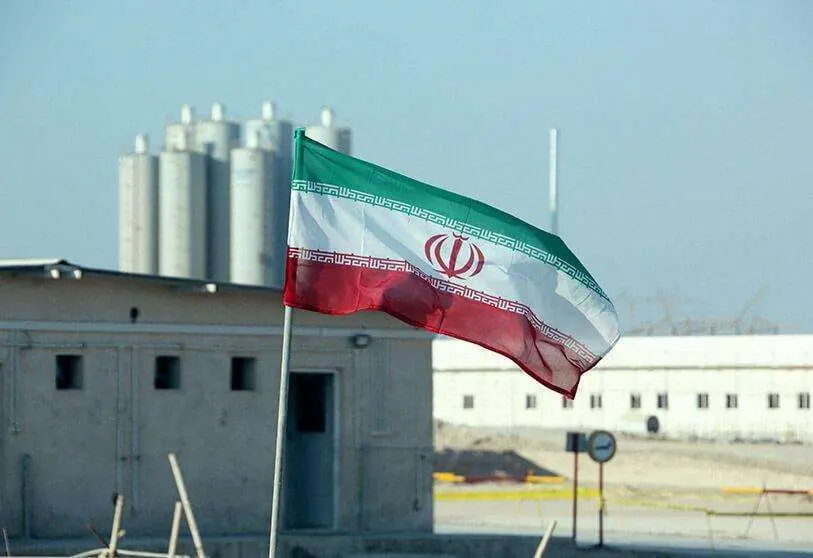Iran says it is capable of producing an atomic bomb, but has no intention of doing so for the time being

The head of the Iranian Atomic Energy Organisation, Mohammad Eslami, assured on Monday that Iran has the technical means to produce an atomic bomb, although for the moment it has no intention of carrying it out.
Back in July, Kamal Kharrazi, a senior adviser to the Iranian supreme leader, suggested that the Islamic Republic might have some interest in nuclear weapons; something they had always denied, but which now, following Eslami's statements, appears to be close to becoming a reality.
"As Mr Kharrazi mentioned, Iran has the technical capability to build an atomic bomb, but such a programme is not on the agenda," Eslami said.

In fact, Iran is already enriching uranium to 60% fissile purity, far higher than the percentage agreed in the Tehran deal, according to which enrichment could not exceed 3.67 %.
Still below the 90% enrichment needed to make a nuclear bomb, Iran seems to be getting closer and closer to being able to build its own atomic bomb, while leaving behind everything agreed in 2015.
In 2018 the United States, led by its president at the time, Donald Trump, abandoned this agreement. From this moment on Iran has been taking small steps and leaving signs along the way of its intention to move closer to nuclear weapons.

Due to this dangerous path that Iran was taking, Josep Borrell, the European Union's top diplomat, in order to save the nuclear agreement, stated that he had proposed a new draft of the agreement to reactivate it.
In response, Iranian Foreign Ministry spokesman Nasser Kanaani said: "After exchanging messages last week and reviewing the proposed texts, there is a possibility that in the near future we can reach a conclusion on the timing of a new round of nuclear negotiations".
Joe Biden had already tried to get the agreement back on track, but Iran's demands meant that after 11 months of negotiations, the talks failed to reach a conclusion. Tehran demanded that the US ensure that no future US president could leave the agreement, just as Donald Trump had done.
Demands that the Biden administration could not accept, as the nuclear deal is a non-mandatory political agreement, not a legally binding treaty.








